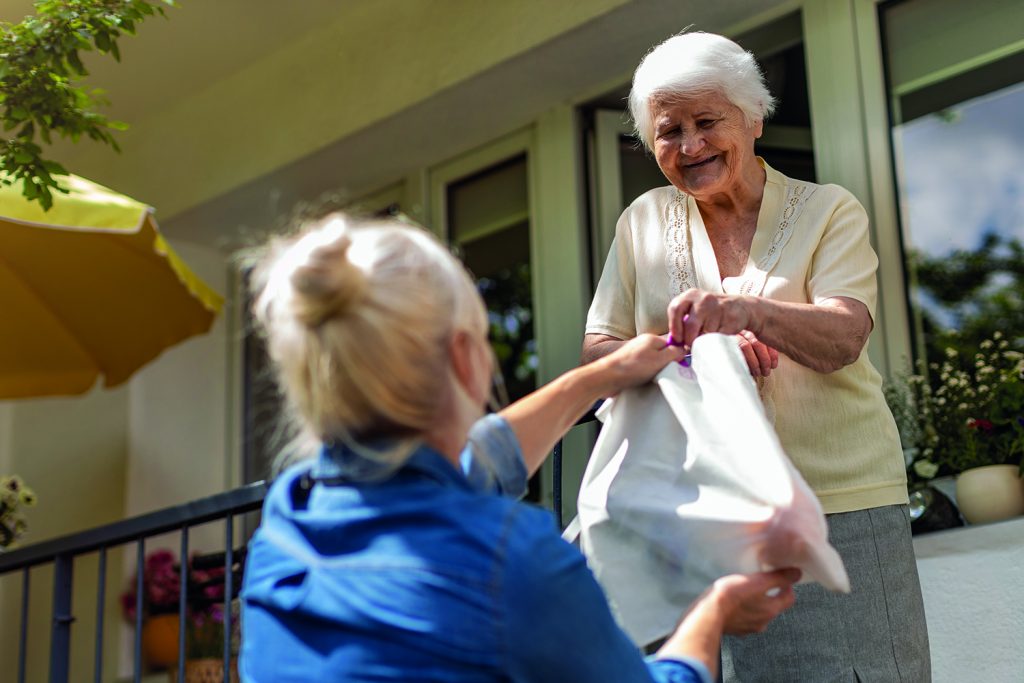A new toolkit aims to strengthen council relationships with local voluntary groups
The importance of strong relationships between councils and their local voluntary and community sector has been underlined by the need to respond to an unprecedented series of crises, including a pandemic, refugee arrivals and, now, a cost-of-living crisis.
The LGA and Locality, the national membership network for local community organisations, has launched a practical toolkit to help councils take a fresh look at how effective their strategic relationships with local voluntary and community sector (VCS) organisations are.
Aimed at councillors and senior officers, the toolkit is based around a self-assessment tool that aims to help councils map their strategic relationships, understand the strengths, identify weaknesses, and plan ways forward.
For many councils, working closely with VCS organisations during this incredibly challenging period has been a reminder that the sector can provide grassroots-based infrastructure and access to communities that councils struggle to reach.
The pandemic, in particular, built shared foundations for many by increasing councils’ appreciation of the VCS’s work.
However, good relationships with the VCS should not exist solely in times of crisis management – strong, strategic relationships are a powerful and essential part of building successful places.
The VCS is an essential partner for councils in tackling exclusion and disadvantage, hearing from a wider range of voices in our communities, and shaping services.
Many councils know this and embrace their local VCS as a key strategic partner.
A recent study by the LGA and Locality, published last December, identified some innovative and exciting examples of joint working.
These included: a ‘district collaborative’ partnership structure in Malvern Hills, which builds solid relationships, face to face, between the council, VCS, NHS, service users and community partners; and the building of shared foundations and collaborative principles in Derby though a community power network, bringing together a self-described ‘motley crew’ of local government and VCS leaders in a community of practice.

However, the LGA/Locality study – ‘The state of strategic relationships between councils and their local voluntary and community sector’ – found a national picture that is very mixed, with some councils engaging clearly and consistently across departments, some having effective relationships in pockets, and others having little engagement at all.
The report identifies a range of barriers to effective strategic working, including: a lack of time and resource to invest in relationships; commercialisation of relationships reducing scope for collaboration; and a lack of shared understanding of agendas, priorities and roles.
The LGA/Locality toolkit has been designed to help councils overcome some of these barriers.
It has been honed through workshops with officers and councillors working in this area, to ensure it is a practical resource for councils of all tiers and at all stages in their journey of building, or re-examining, their VCS relationships.
The toolkit also encourages councils to undertake the mapping exercise in partnership with their local VCS, looking for honest feedback around what works and what doesn’t in their local relationships.